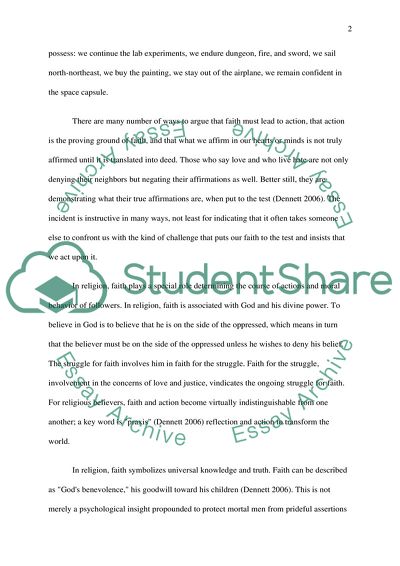Cite this document
(What is Faith All About Essay Example | Topics and Well Written Essays - 1500 words - 1, n.d.)
What is Faith All About Essay Example | Topics and Well Written Essays - 1500 words - 1. https://studentshare.org/psychology/1706483-what-is-faith
What is Faith All About Essay Example | Topics and Well Written Essays - 1500 words - 1. https://studentshare.org/psychology/1706483-what-is-faith
(What Is Faith All About Essay Example | Topics and Well Written Essays - 1500 Words - 1)
What Is Faith All About Essay Example | Topics and Well Written Essays - 1500 Words - 1. https://studentshare.org/psychology/1706483-what-is-faith.
What Is Faith All About Essay Example | Topics and Well Written Essays - 1500 Words - 1. https://studentshare.org/psychology/1706483-what-is-faith.
“What Is Faith All About Essay Example | Topics and Well Written Essays - 1500 Words - 1”. https://studentshare.org/psychology/1706483-what-is-faith.


